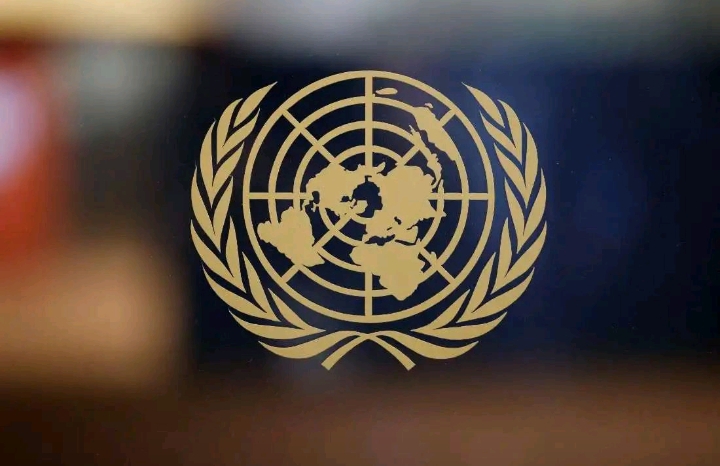New Voices, New Mandates: Bahrain, Colombia, and DRC Join UN Security Council for 2026–27 Term.
By Raymond Enoch
In a significant reshaping of global diplomacy, five nations—Bahrain, Colombia, the Democratic Republic of the Congo (DRC), Latvia, and Liberia—were elected to serve two-year terms on the United Nations Security Council starting January 1, 2026. The General Assembly’s vote, held on Tuesday, saw each country secure between 178 and 186 votes in uncontested regional slates, reflecting broad international support for their inclusion.

Bahrain: As the sole Arab representative, Bahrain pledged to prioritize peace in the Middle East, advocating for a ceasefire in Gaza and a two-state solution to the Israeli-Palestinian conflict.
Colombia: Emphasizing environmental preservation and human rights, Colombia aims to bring its experience in peacebuilding to the Security Council’s deliberations.
Democratic Republic of the Congo (DRC): With firsthand experience in conflict and resource-linked unrest, the DRC highlighted Africa’s role in shaping global peace agendas.
Latvia: Joining the council for the first time, Latvia brings a historical understanding of conflict and a commitment to global peace, particularly focusing on the situation in Ukraine.
Liberia: Vowing to tackle global challenges such as inequality and climate change, Liberia emphasized the importance of African unity in addressing these issues.
These nations will replace Algeria, Guyana, South Korea, Sierra Leone, and Slovenia, contributing diverse perspectives to the Security Council’s decision-making processes. However, challenges remain, as the council’s effectiveness is often hindered by the veto powers of its five permanent members—the United States, Russia, China, Britain, and France. Calls for reform of the council continue to grow amid its current structural limitations.
As the new members prepare to assume their roles, the international community watches closely, hopeful that these emerging voices will bring fresh perspectives and renewed commitment to global peace and security.










